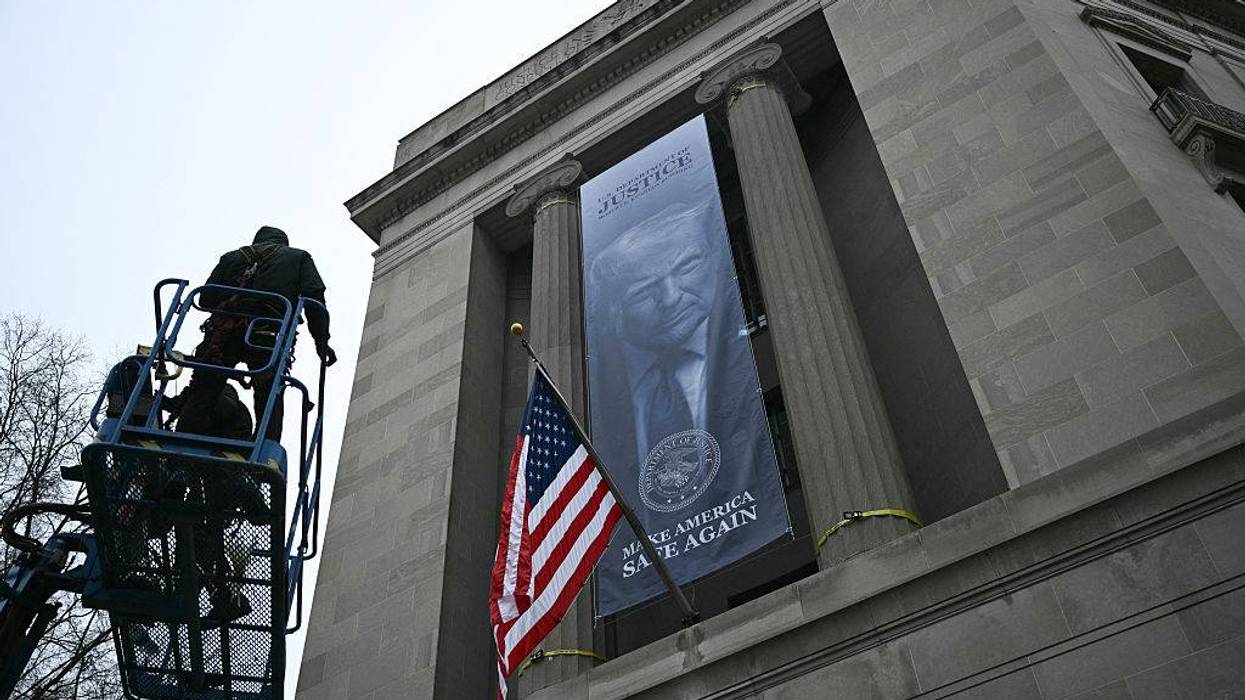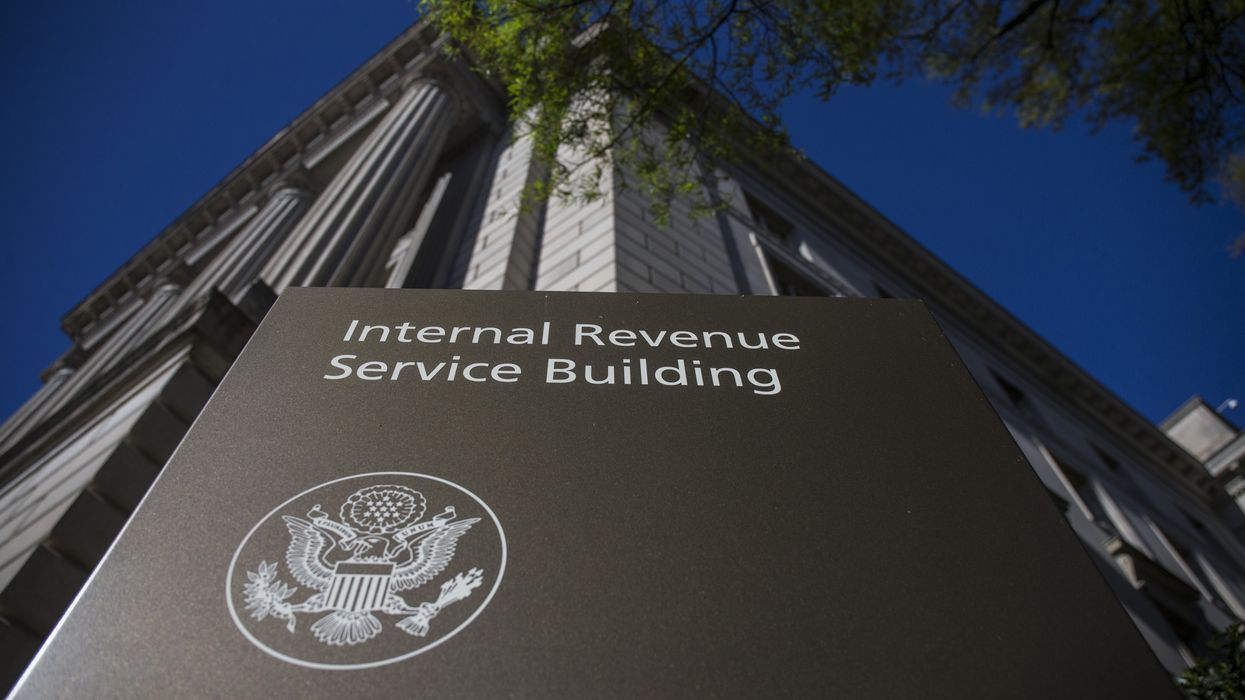'Ridiculous': Pentagon Doesn't Even Know What to Do With Extra $500 Billion Trump Wants to Spend
"Not another cent for private defense contractors and forever wars," wrote Rep. Pramila Jayapal.
Pentagon officials are reportedly struggling to devise a plan to spend the extra $500 billion that US President Donald Trump wants to give the bloated, fraud-ridden agency in the next fiscal year, vindicating criticism of the funding proposal as immensely wasteful.
The Washington Post reported over the weekend that "White House aides and defense officials have run into logistical challenges surrounding where to put the money, because the amount is so large." The extra $500 billion, endorsed by the top Republican on the House Armed Services Committee, would push annual US military spending to a staggering $1.5 trillion after the Trump administration and congressional Republicans enacted unprecedented cuts to federal nutrition assistance and Medicaid last summer.
The Post noted that "the increase in military spending alone would amount to one of the biggest federal programs. One Democratic plan to expand Medicare to cover dental, vision, and hearing benefits would cost $350 billion over the next decade, by comparison."
The Committee for a Responsible Federal Budget has estimated that a $1.5 trillion annual military budget would add $5.8 trillion to the national debt over the next decade.
"This is ridiculous," Rep. Pramila Jayapal (D-Wash.) wrote in response to the Post's reporting. "Or we could build 3 million new homes, lower the Medicare age, or add dental, vision, and hearing coverage. Not another cent for private defense contractors and forever wars."
According to the Post:
The Pentagon has been grappling with how to rapidly replenish expensive munitions that it has relied on heavily, including Tomahawk cruise missiles, Patriot missile-defense interceptors and ship-launched munitions known as Standard Missile-6s, or SM-6s.
It also is wrestling with how to upgrade its Cold War-era nuclear weapons program with expensive next-generation systems like the B-21 bomber and the Columbia-class submarine. The aircraft, with an estimated cost of about $700 million each, is expected to replace the Air Force’s fleet of B-1 and B-2 bombers. The Columbia-class submarines are expected to cost at least $9 billion each.
Trump is pushing for another $500 billion for the Pentagon as he moves the US to the brink of war with Iran, potentially another expensive and deadly conflict in the Middle East. The New York Times reported Sunday that "Trump has told advisers that if diplomacy or any initial targeted US attack does not lead Iran to give in to his demands that it give up its nuclear program, he will consider a much bigger attack in coming months intended to drive that country’s leaders from power."
The Pentagon has failed eight consecutive audits of its books and is the only major federal agency that has not passed an independent audit. Roughly half of the Pentagon's annual spending goes to private military contractors.
"Trump’s call for a $500 billion increase in Pentagon spending is a terrible idea that would starve the American people of resources needed to address critical issues across the U.S. American voters are fed up with inflation, health care costs, housing prices, and unemployment," Robert Weissman, co-president of Public Citizen, said earlier this month in response to the proposal.
“The Pentagon has repeatedly failed audits and has wasted hundreds of billions of dollars on fraudulent defense contractors who abuse the system and steal from taxpayers," said Weissman. "Trump has added to this wasteful legacy by spending vast sums of money on national guard deployments across the US, military intervention in Venezuela, and by pushing a ‘Golden Dome’ boondoggle. Congress must stop pouring more money into a trillion-dollar Pentagon budget beset with fraud and waste, at the expense of priority human needs."


